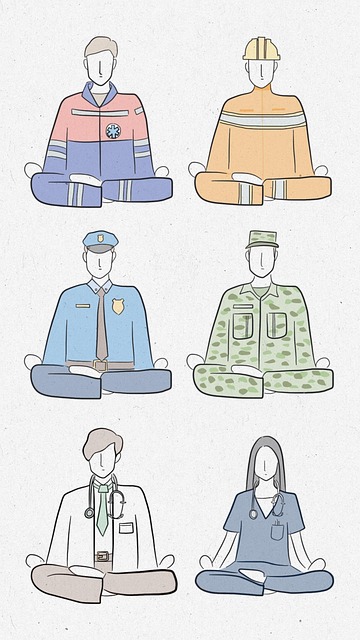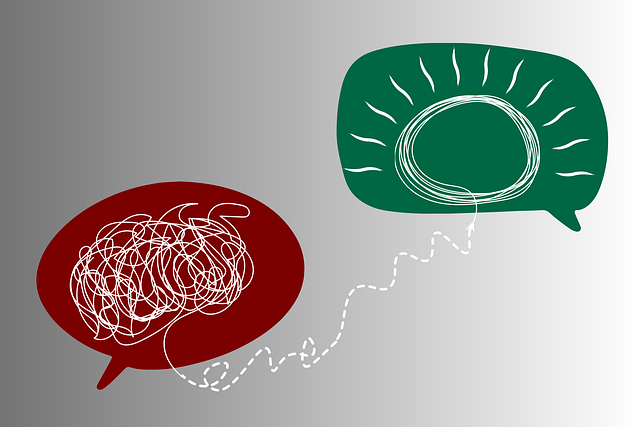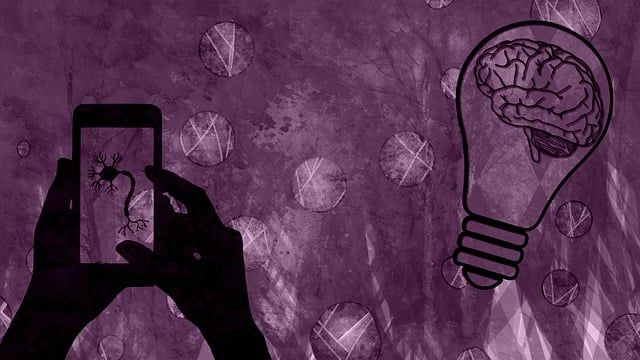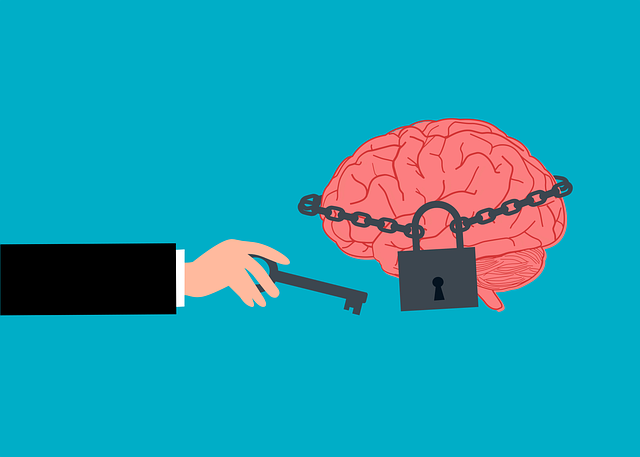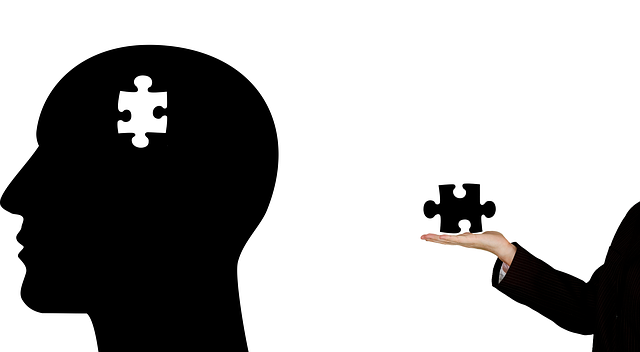Mental wellness apps are transforming children's access to therapy and emotional support in the digital age, addressing rising mental health challenges like anxiety and trauma. These apps offer discrete, convenient, and engaging tools such as EMDR therapy, mindfulness practices, and gamified experiences, fostering resilience and healthy coping mechanisms. Specifically, integrating evidence-based therapies like Eye Movement Desensitization and Reprocessing (EMDR) into child-friendly apps makes traumatic memory processing more accessible and engaging. Well-designed user experiences, gamification, community outreach, and regular updates are key to improving these apps' effectiveness in supporting children's emotional well-being while reducing stigma. However, ethical concerns regarding data privacy, informed consent, and digital dependencies require careful consideration for the future of therapy for children through EMDR apps.
Mental wellness apps are gaining traction as innovative tools to support children’s emotional well-being. This article explores the growing need for digital solutions like EMDR (Eye Movement Desensitization and Reprocessing) therapy applications, tailored specifically for young minds. We delve into the process of developing engaging and therapeutically effective apps while addressing ethical considerations. By understanding the unique requirements of child mental health, we can create powerful tools to enhance emotional resilience and foster healthy development through technology.
- Understanding the Need for Mental Wellness Apps for Children
- EMDR Therapy and Its Application in Digital Form
- Key Features to Include in a Child-Centric Mental Health App
- Development Process: Building an Engaging and Therapeutically Effective App
- Ethical Considerations and Future Prospects of Children's Mental Health Apps
Understanding the Need for Mental Wellness Apps for Children

In today’s digital age, mental wellness apps are becoming increasingly important tools to support children’s emotional well-being and development. With rising rates of anxiety, depression, and other mental health challenges among youth, there is a growing need for accessible and engaging resources that can provide therapy and trauma support services at their fingertips. Mental wellness apps offer a discrete and convenient way for children to access therapeutic interventions such as EMDR (Eye Movement Desensitization and Reprocessing), which has proven effective in treating various forms of trauma.
These applications not only facilitate individual therapy but also promote resilience building through interactive exercises, mindfulness practices, and gamified experiences designed to foster healthy coping mechanisms. Furthermore, they can serve as valuable tools for risk management planning, enabling mental health professionals to remotely monitor and support vulnerable children, especially those in remote areas or facing barriers to traditional in-person services. By leveraging technology, mental wellness apps have the potential to revolutionize the way we approach childhood mental health, ensuring that every child has access to the support they need to thrive.
EMDR Therapy and Its Application in Digital Form

EMDR Therapy, known for its effectiveness in treating trauma and enhancing emotional resilience, has found a new dimension through digital platforms. This therapeutic approach, originally developed for adults, is now being adapted to cater to the unique needs of children, making it accessible and engaging for younger users. By incorporating EMDR techniques into apps designed for mental wellness, developers offer a promising solution for promoting self-awareness exercises and building emotional intelligence in kids.
These digital interventions provide a safe and interactive environment where children can process traumatic memories and learn crisis intervention guidance. Through visually appealing interfaces and gamified elements, they encourage active participation, making therapy more accessible and less intimidating. By blending traditional EMDR practices with modern technology, mental wellness apps have the potential to revolutionize how we support children’s emotional health, offering a convenient and effective tool for managing their well-being.
Key Features to Include in a Child-Centric Mental Health App

In developing a mental wellness app tailored for children, incorporating specific features designed to support their unique needs is paramount. One evidence-based therapy that has shown effectiveness in treating childhood anxiety and trauma is Eye Movement Desensitization and Reprocessing (EMDR). Integrating EMDR techniques into the app can enable children to process traumatic memories and reduce symptoms of mental illness. Features such as interactive stories, games, or art tools that incorporate EMDR protocols can make therapy more engaging and accessible for young users.
Additionally, building resilience is a crucial aspect of child mental health. The app should offer age-appropriate activities that foster coping skills, emotional regulation, and problem-solving abilities. Mindfulness meditation exercises tailored for children can be a powerful tool in promoting self-awareness, calming anxious minds, and reducing stress. By combining evidence-based therapies like EMDR with resilience-building strategies, the mental wellness app can contribute to stigma reduction efforts while providing a safe and supportive digital space for children to explore and manage their emotional well-being.
Development Process: Building an Engaging and Therapeutically Effective App

Developing a mental wellness app that is both engaging and therapeutically effective requires careful consideration at every stage. The process begins with thorough research into the specific needs and challenges faced by the target audience, in this case, children requiring therapy for emotional distress or trauma. Incorporating evidence-based practices like Eye Movement Desensitization and Reprocessing (EMDR) ensures the app provides genuine therapeutic value. User experience design plays a pivotal role; intuitive navigation and interactive elements can encourage consistent use.
Beyond functionality, fostering engagement may involve gamifying aspects to make therapy more enjoyable. Implementing features that allow for community outreach program implementation or stress reduction methods through mindfulness exercises and tracking progress can enhance overall mental wellness. Regular updates based on user feedback are essential to continuously improving the app’s effectiveness in supporting children’s emotional well-being.
Ethical Considerations and Future Prospects of Children's Mental Health Apps

The development of mental wellness apps for children opens up a world of possibilities to improve access and quality of care. However, it also brings unique ethical considerations. As technology advances, more kids are turning to digital tools like therapy apps that employ evidence-based practices such as EMDR (Eye Movement Desensitization and Reprocessing). While these innovations can enhance mental health support, particularly in underserved communities, there are critical concerns surrounding data privacy, informed consent, and the potential for digital dependencies.
Looking ahead, the future of children’s mental health apps lies in balanced integration of technology with traditional therapy methods. Incorporating features like mindfulness meditation within app functionalities can complement face-to-face interactions. Moreover, implementing robust risk management planning for mental health professionals who oversee these apps is essential to ensure safe and effective use. This includes guidelines for monitoring user progress, identifying red flags, and providing timely interventions to support young users’ overall well-being.
Mental wellness apps offer a promising digital solution to support children’s emotional well-being, particularly in integrating evidence-based therapies like EMDR. By incorporating engaging features tailored to younger users, these apps can provide accessible and therapeutic experiences. As the development process considers ethical guidelines, the future of mental health care for children looks bright, potentially reaching a broader audience and improving overall mental wellness.
